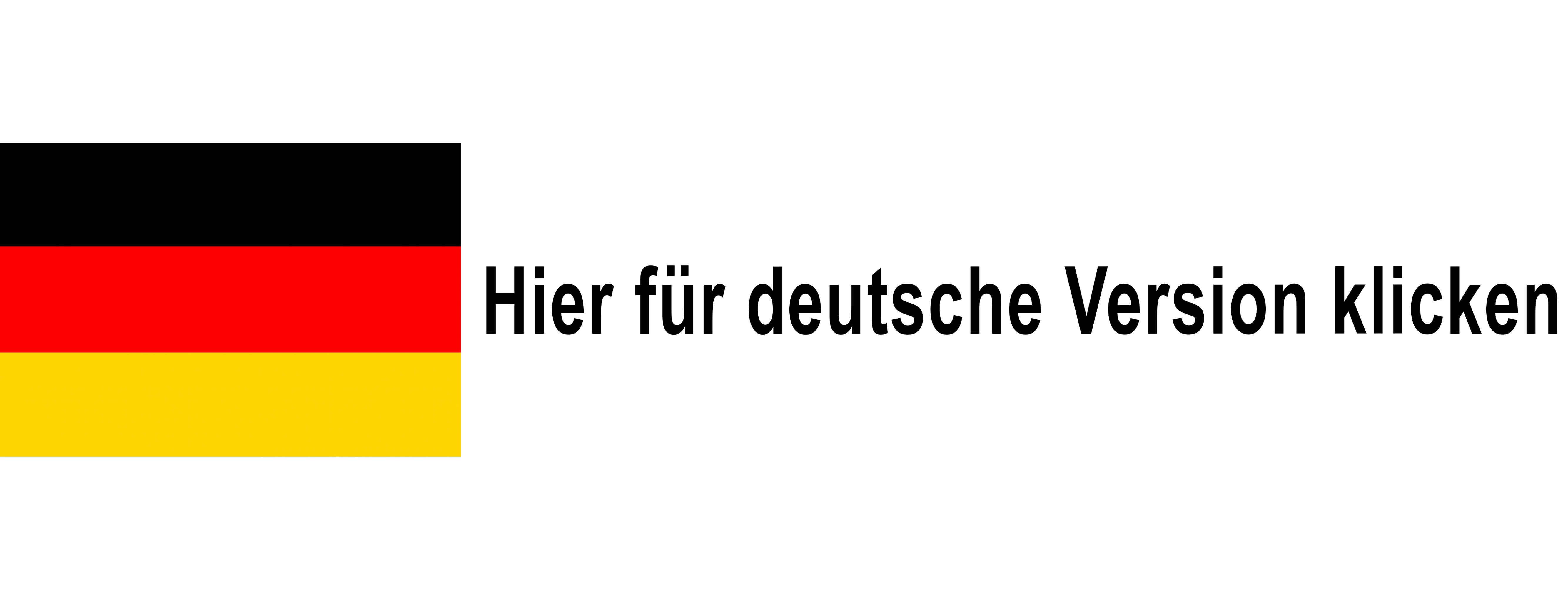- GU Home
- Faculties
- Faculty 03 Social Siences
- Students
- Study Programs at the Faculty of Social Sciences
- Master of Arts International Studies / Peace and Conflict Research
- Content and Structure M.A. ISPC
- Content & Structure M.A. ISPC - Study Regulations 2022
- Information for Students
- Information for First Semesters
- Information for Prospective Students
- Study Programs at the Faculty of Social Sciences
- Bachelor of Arts Political Science Major
- Bachelor of Arts Political Science Minor
- Bachelor of Arts Sociology Major
- Bachelor of Arts Sociology Minor
- Bachelor of Arts Gender Studies Minor
- Master of Arts Political Science
- Master of Arts International Studies / Peace and Conflict Research
- Master of Arts Political Theory
- Master of Arts Sociology
- Master of Arts Economic Sociology
- Master of Arts Comparative Democracy
- Internship
- Vocational Orientation
- Examinations and Examination Office
- Student Counselling
At a Glance
|
Standard period of study: |
4 semesters (2 academic years) |
|
|
Programme start: |
Winter semester only |
|
|
Admission restrictions: |
Admission to the programme is restricted. |
|
|
Scale: |
120 credit points (CP) |
|
|
Number of modules: |
7 compulsory modules, 1 compulsory elective module |
|
|
Module examination formats: |
Term
paper |
|
|
Languages of instruction: |
German, English |
|
|
Programme Directors: |
Professor Lisbeth Zimmermann |
Modules & Content Structure of the M.A. ISPC
Obligatory Courses:
Contents:
- Paradigms and concepts of political science
- Empirical and theoretical foundations of peace and conflict research
- Qualitative and quantitative methods of political science
- Theories of political science, in particular international relations
Final module examinations, coursework and proof of attendance:
Students must attend the lecture "Theoretical Paradigms of Political Science" (3 CP) and provide evidence of active participation in two seminars (3 CP each). The module concludes with a written examination or term paper (5 CP) following one of the seminars attended.
Contents:
Stakeholders:
- International organisations
- World Order,
International Rule, Global Governance
- Cooperation and Institutions
- Transnationalisation and regionalisation
- World and global foreign policy
- International Law
- International Political Economy
Final module examinations, coursework and proof of participation:
Students must provide evidence of active participation in three seminars (3 CP each). The module concludes with a written examination, term paper or oral examination (5 CP) following one of the seminars attended.
The module is completed with a total of 14 credit points.
Empirical focus
- Conflicts and wars of the present (wars, civil wars, terrorism, etc.)
- Security and conflict management
- Peace processes and peaceful conflict regulation
Theoretical focus
- Causes and consequences of war
- Causes of peace and peace strategies
- Conflict transformation and prevention
Final module examinations, coursework and proof of participation:
Students must provide evidence of active participation in two seminars (3 CP each). The module concludes with a written examination, term paper or oral examination (5 CP) following one of the seminars attended.The module is completed with a total of 11 credit points.
Contents:
Students gain an insight into the processes and organisation of the institution providing the internship and work actively within it. The internship should be carried out in an area of peace and conflict research and international relations in the broadest sense, e.g. at a public institution, associations, non-governmental organisations, private companies, etc. Students are responsible for finding a suitable internship placement. The internship can be completed during the semester break or during the course of study, full-time[1] or part-time, in one go or split up over time. The experience gained during the internships is supervised and integrated into the degree programme through participation in a study day (AG) and the provision of proof of performance (e.g. in the form of a poster presentation or an experience report). The dates will be announced in the course catalogue before the start of the semester.
Final module examinations, coursework and proof of participation:
At least 300 hours must be completed in the internship. Longer internships are always possible. Students receive 11 credit points for completing the hours. Students receive 1 credit point for successful participation in the study day.
The internship does not have to be registered with the department beforehand. There is no electronic examination registration for the internship. It is booked via the module slip for the internship.
The module is completed with a total of 12 credit points. There is no grade for the internship module.
Contents:
- Concept and debates on the "world society"
- Normative foundations of the world order
- Democracy and transnational socialisation
- Universalism and particularism.
Final module examinations, coursework and proof of participation:
Students must provide evidence of active participation in two seminars (3 CP each). The module concludes with a written examination, term paper or oral examination (5 CP) following one of the seminars attended.
The module is completed with a total of 11 credit points.
Globalisation and world development
Contents:
3 seminars from the field of
- Development and development processes
- World economy
- Civil society
Final module examinations, academic achievements and proof of participation:
Students must provide evidence of active participation in three seminars (3 CP each). The module concludes with a written examination or term paper (5 CP) following one of the seminars attended.
The module is completed with a total of 14 credit points.
Scientific and technical dimensions of peace and conflict research
Contents:Three seminars from the following subject areas:
- Information technology peace and conflict research
- Peace and conflict research in the natural sciences
- Engineering peace and conflict research
- Theoretical concepts for the sustainable design of technology and science
The seminars to be attended are offered at the TU Darmstadt.
Final module examinations, academic achievements and proof of participation:
Students must provide evidence of active participation in three seminars (3 CP each). The module concludes with a written examination or term paper (5 CP) following one of the seminars attended.
The module is completed with a total of 14 credit points.
Environment, climate, energy
Contents:Three seminars from the following subject areas:
- Environmental policy
- climate policy
- Energy policy
- Actors, structures and processes of national and global environmental, climate and energy policy
- Policy content and instruments of national and global environmental, climate and energy policy
Final module examinations, academic achievements and proof of participation:
Students must provide evidence of active participation in three seminars (3 CP each). The module concludes with a written examination or term paper (5 CP) following one of the seminars attended.
The module is completed with a total of 14 credit points.
Globalisation and world development
Contents:
3 seminars from the field of
- Development and development processes
- World economy
- Civil society
Final module examinations, academic achievements and proof of participation:
Students must provide evidence of active participation in three seminars (3 CP each). The module concludes with a written examination or term paper (5 CP) following one of the seminars attended.
The module is completed with a total of 14 credit points.
Scientific and technical dimensions of peace and conflict research
Contents:Three seminars from the following subject areas:
- Information technology peace and conflict research
- Peace and conflict research in the natural sciences
- Engineering peace and conflict research
- Theoretical concepts for the sustainable design of technology and science
The seminars to be attended are offered at the TU Darmstadt.
Final module examinations, academic achievements and proof of participation:
Students must provide evidence of active participation in three seminars (3 CP each). The module concludes with a written examination or term paper (5 CP) following one of the seminars attended.
The module is completed with a total of 14 credit points.
Environment, climate, energy
Contents:Three seminars from the following subject areas:
- Environmental policy
- climate policy
- Energy policy
- Actors, structures and processes of national and global environmental, climate and energy policy
- Policy content and instruments of national and global environmental, climate and energy policy
Final module examinations, academic achievements and proof of participation:
Students must provide evidence of active participation in three seminars (3 CP each). The module concludes with a written examination or term paper (5 CP) following one of the seminars attended.
The module is completed with a total of 14 credit points.
- Preparation of an MA thesis on a topic of your choice
- Discussion and reflection on their own research project
In the colloquium, students provide proof of participation and receive 3 CP for this. If possible, we recommend attending the colloquium in the semester before writing the final thesis or at the same time. If possible, students should attend the colloquium with the person who is also supervising the final thesis.
Students receive 25 credit points for the final thesis. The thesis is not registered via the electronic examination registration. Students use the form to register their Master's thesis. Students must find their own supervisor at least one semester in advance. The second supervisor can also be assigned by the Examination Office on request.
From the time of registration, students have 5 months to complete their thesis. You can register your Master's thesis as soon as you have successfully completed 56 CP.
Students take the oral examination (defence of the Master's thesis) after the thesis has been corrected. Students coordinate the date with their supervisor. Students receive 3 credit points for the oral examination.
The entire module is completed with 31 credit points.
Contact
Dipl.-Soz. Alexander Simon
Student counselling for B.A. programs in Political Science and
Sociology / Student counselling for M.A. programs / M.A. admission /
B.A./M.A. internship counselling
E-Mail:
studienfachberatung.fb03@soz.uni-frankfurt.de
PEG Room 2.G 133
Open consultation hours:
Tuesday 11a.m - 1p.m.
Thursday 11a.m. - 1 p.m.
In lecture free time only on Tuesdays
Open telephone consultation hours:
Wednesday 11a.m - 1p.m.
or by individual arrangement
Goethe-University
Department 03
PEG-Building
Theodor-W.-Adorno-Platz 6
60323 Frankfurt am Main
- Studying at Goethe University
- International applicants
- Faculties
- Overview of study programmes
- Programme for refugees
- GRADE
- Goethe Business School (continuing education)
- Research at Goethe University
- Scientific news
- Goethe Welcome Center (for international researchers)
- Collaborative research projects
- Individual research
- Visiting fellowships
- Endowed chairs
- About the University
- News-in-brief
- University administration
- Campus locations
- Campus life
- University archives (German)
- Rhine-Main-Universities









